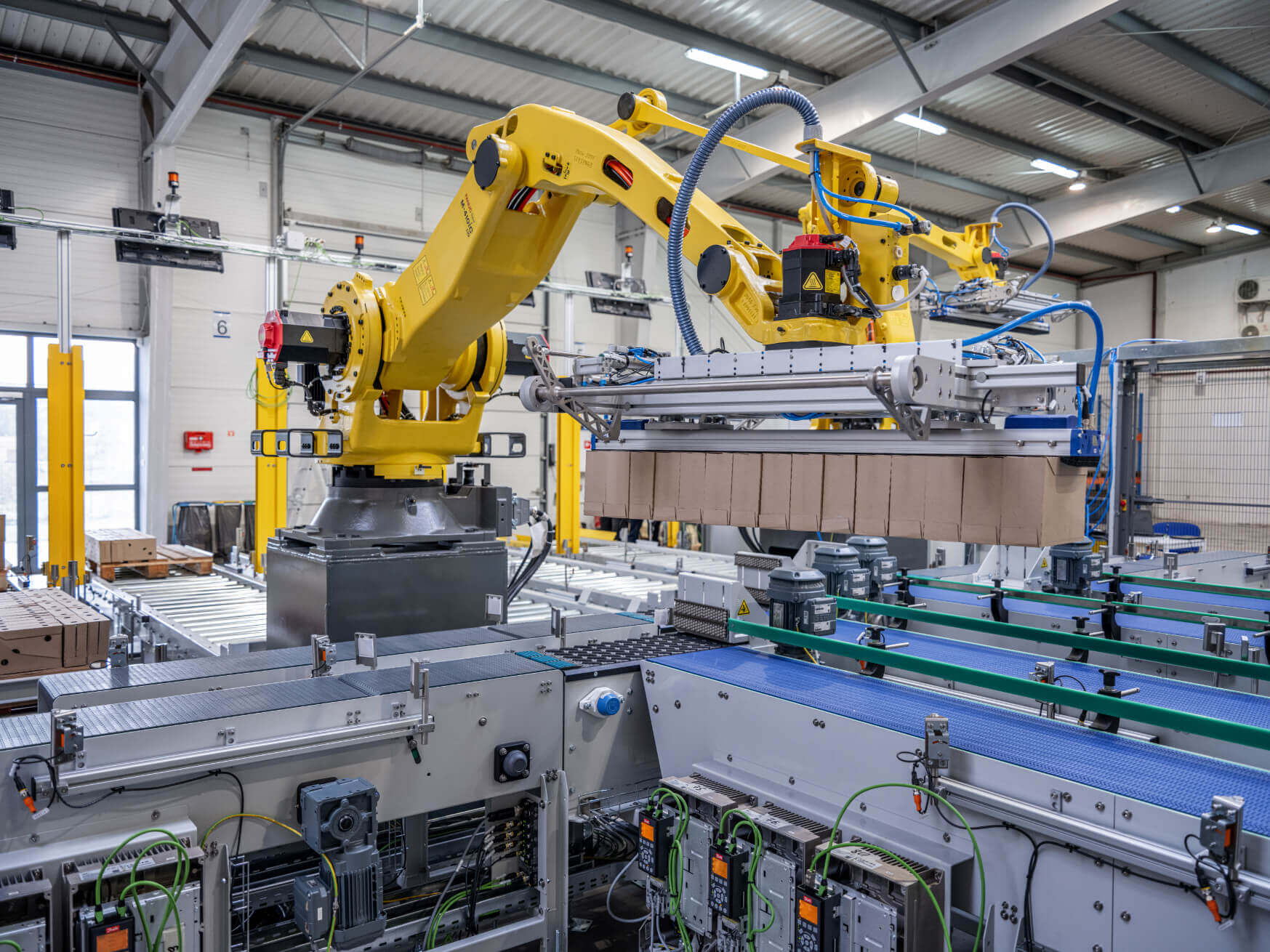
Robotics transcends the boundaries of imagination while simultaneously becoming a reality existing around us. However, designing modern solutions goes beyond just technology—it also touches on ethics and law. Creating regulations that keep pace with progress is no easy task. Meanwhile, the ethical aspects of designing and utilizing robots often lead to heated debates. Let's take a closer look at these issues in the following text. Familiarize yourself with it now.
The development of robotics and artificial intelligence (AI) is transforming the face of the contemporary world, raising a host of questions regarding responsibility and morality in the context of these technologies. With autonomous systems capable of making decisions without human oversight, there is an urgent need to address new legal challenges.
The European Parliament's draft resolution of 2017 represents one of the first attempts to establish legal frameworks for robotics, pointing to the necessity of regulating the civil liability of robot manufacturers and users. At the heart of this process lies the question of the legal status of intelligent machines—whether they should be treated as tools in the hands of humans or as entities with a degree of legal autonomy. Regarding autonomous vehicles, there is a need to develop principles regarding liability for accidents and decisions made by AI, especially when human life is at risk.
The ethics of designing robots and AI extend beyond legal issues. Moral considerations force engineers to ask difficult questions about the values they want to embed in machine actions. The German ethical code for autonomous vehicles of 2017 is an example of an attempt to define the fundamental moral principles that should guide the operation of autonomous vehicles.
In regulations in force in Germany, both the protection of human life and respect for human rights are significant. This is reflected in the prohibition on programming vehicles to deliberately make discriminatory choices. In Poland, a working group focuses on issues related to robots used for the care of vulnerable individuals, where privacy and human dignity are paramount.
The process of creating regulations governing robotics and artificial intelligence is a complex game of interests involving both technology creators and legislative bodies. At the European level, work on regulations involves extensive consultations with experts to ensure that the law keeps pace with rapidly evolving technology.
At the same time, governments in the USA, Japan, China, and South Korea are intensively investing in the development and standardization of robotics, leading to differences in regulatory approaches. Regardless of the region, the common denominator is the desire to ensure safety and consumer protection. This is reflected in initiatives such as ethical guidelines for AI developed by the IEEE.
Implementing these regulations requires the involvement of all parties—from designers and engineers to users and regulatory authorities. Education and raising awareness about the possibilities and limitations of robots and AI are crucial. Only in this way can an environment be created in which technological innovations serve the common good while respecting civil rights and freedoms.
In the context of the topic, the protection of personal data is of great importance, which becomes even more critical in the era of cyber-physical systems. The increasing number of devices connected to the Internet of Things (IoT) and the ability to collect vast amounts of personal data by these devices require particularly responsible, thoughtful, and rigorous regulations.
The task of participants in the broad market of robotics, automation, and artificial intelligence is to both monitor technological progress and shape frameworks that will ensure their responsible use. It is essential to act on both macro and micro levels—from legal and moral regulations to individual human decisions. Remember that robots being created should serve the common good instead of contributing to the emergence of new problems.